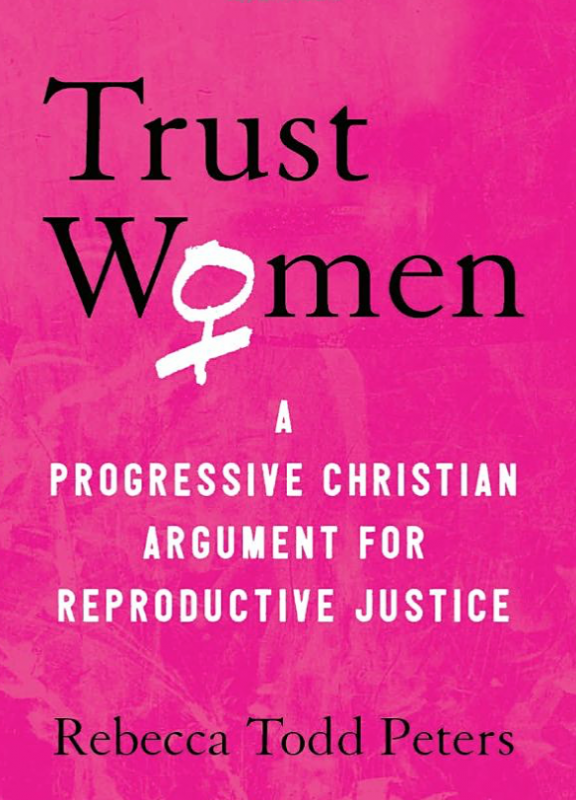It takes a master linguist to dance around the reality of what happens during an abortion. You have to deny that a life is taken, deny that the mother is often traumatized afterwards, deny that a moral evil takes places.
So defenders of the procedure become experts at euphemism and evasion.
Rebecca Todd Peters is a master of the manipulation of language that happens with abortion. Peters of the author of the new book “Trust Women: A Progressive Christian Argument for Reproductive Justice.”
In a startling - and sickening - interview with the far-left magazine The Nation, Peters, an ordained minister in the Presbyterian Church and professor of religious studies at Elon University tries to reconcile Christianity with killing.
Interviewer Stephanie Russell-Kraft writes: “Peters offers a moral framework in the language of progressive Christianity and built on a foundation of reproductive justice—an intersectional approach conceptualized by a small cohort of black women activists in the 1990s that recognizes the complexity of women’s reproductive lives. Within the context of a specific woman’s life, the moral consequences of having a child can be equal to—if not greater than—the moral consequences of having an abortion. And so, in many cases, she argues, abortion can be a morally good decision.”
So the moral consequence of giving life are equal to, or greater than, the moral consequences of killing. Got it.
The most ludicrous and bizarre part of the interview is when Peters describes how she coined a new term, “prenate,” to describe a baby. Using a cold clinical neologism is a way of protecting the conscience from the reality of human life at an early stage. Peters:
I needed a word, because in my experience, when I hear women’s accounts, when I talk to women about their abortions, very few use the term “fetus.” And pregnant women with wanted pregnancies don’t talk about their “fetus,” they talk about their “baby.” And yet, that is so inadequate. It blurs our capacity to recognize the difference between a prenate and a baby.
I searched for months and months, I looked at other languages to see if there were other ways that people talked about this entity, and I just never found one. So I started trying to coin a phrase and came up with “prenate.” It felt like it worked, it felt right to me. I remember when I was talking to my daughter, who at the time was probably 10 or 11, and she was asking about this, she said, “What is this term?” And I said, “Well, ‘pre’ means before, and ‘nate’ is from natal, for birth, so it’s before birth.” And she was like, “Oh, that makes sense.” It had a simplistic logic to it, and I hope that having a new term will allow us to recognize the very important moral distinction between a prenate and a baby.

